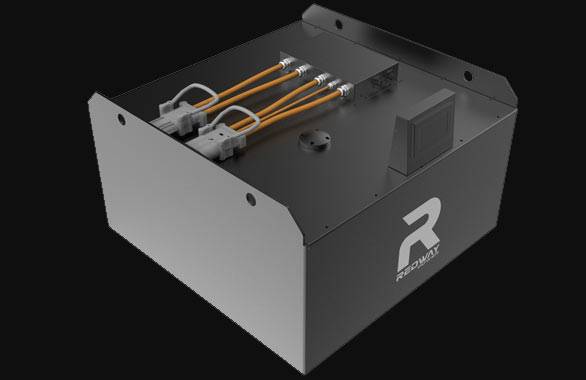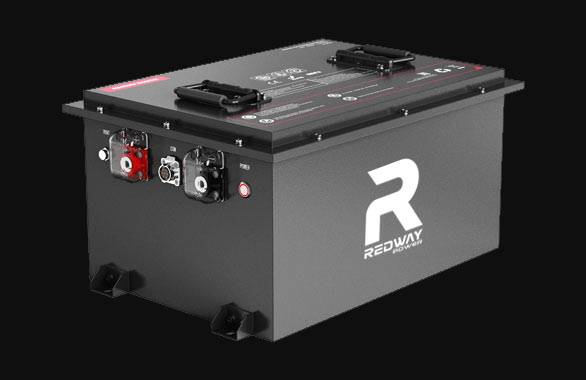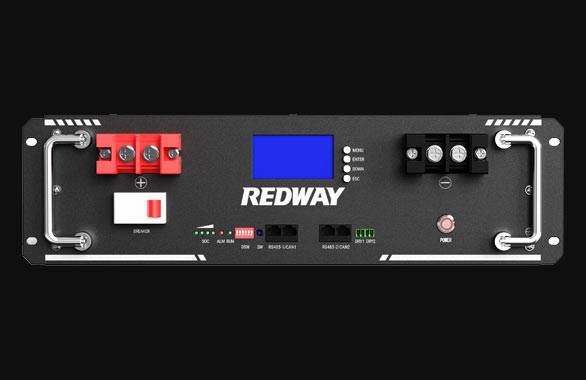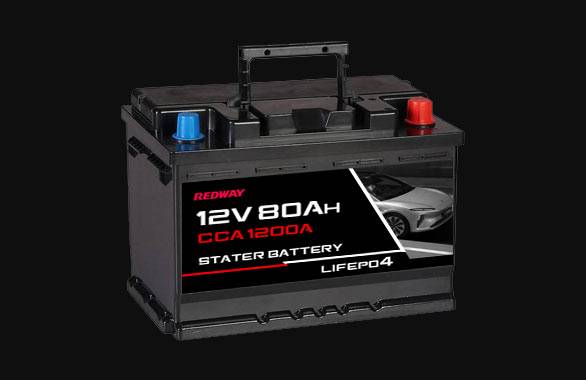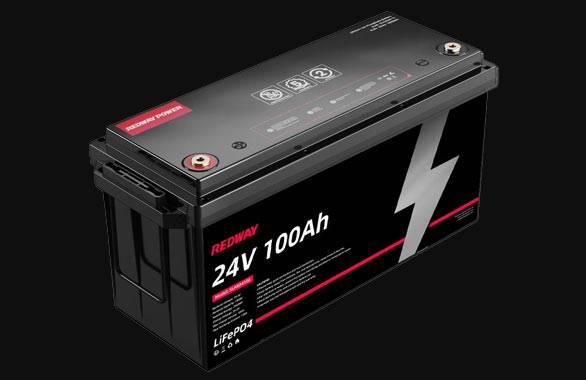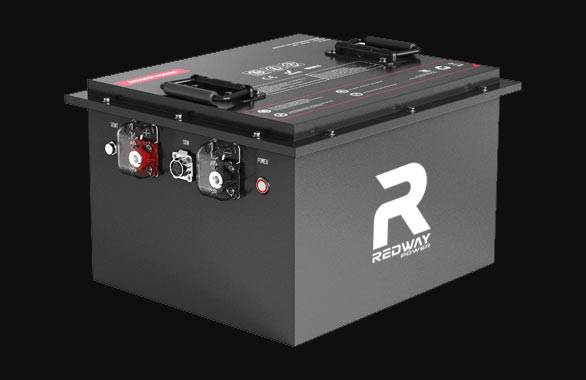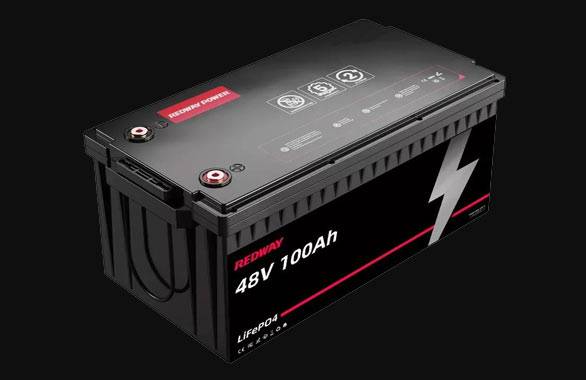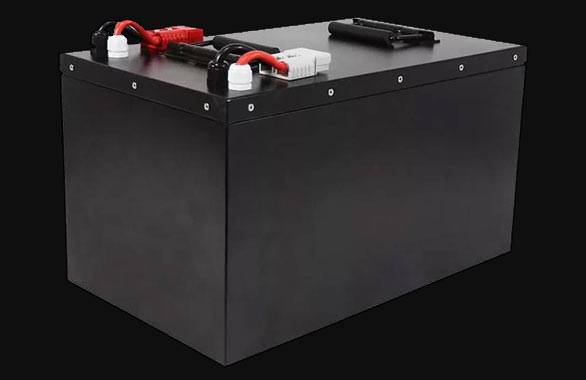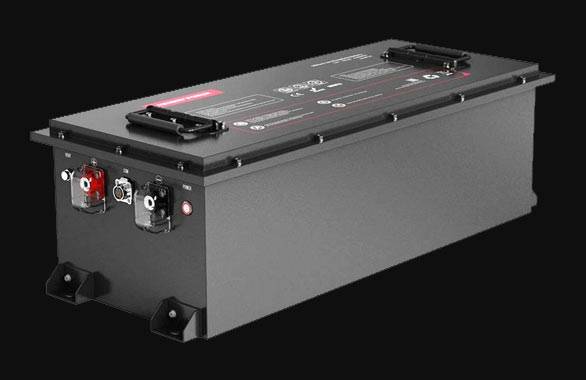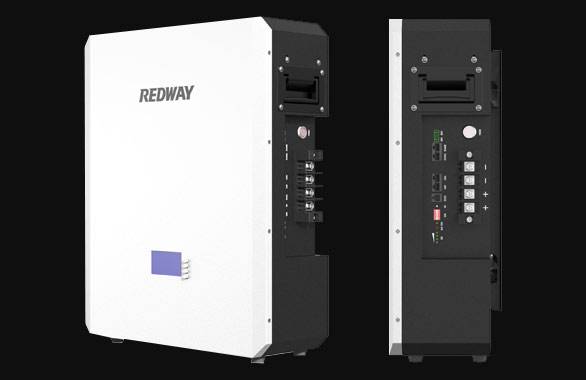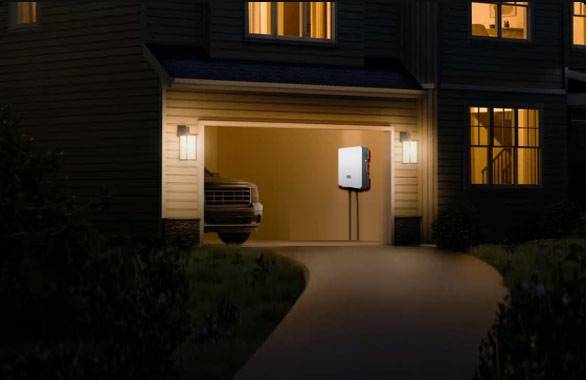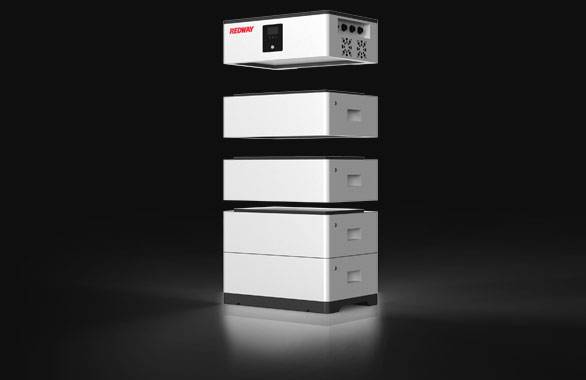- Forklift Lithium Battery
- Golf Cart Lithium Battery
- Rack-mounted Lithium Battery
51.2V 100Ah Rackmount LiFePO4 Battery
8000 times (80% DOD 0.5C)
Optional SNMP for TELECOM - Car Starter Battery
- 12V LiFePO4 Battery
12V 150Ah Lithium RV Battery
Bluetooth App | Self-heating
LiFePO4 | Group 31
UL 1642 | IEC 62619 - 24V LiFePO4 Battery
- 36V LiFePO4 Battery
- 48V LiFePO4 Battery
- 60V LiFePO4 Battery
60V 100Ah Lithium Battery (AGV, AMR, LGV)
Peak Discharge Current 400A
500 x 298 x 349 mm - 72V~96V LiFePO4 Battery
72V 100Ah Lithium Golf Cart Battery
Peak Discharge Current 315A (10S)
740 × 320 × 246 mm - Wall-mounted Lithium Battery
51.2V 100Ah 5kWh
Wall-mounted Battery532 x 425 x 170 mm / LiFePO4
>8000 Cycles (80% DOD 0.5C)
RS485 / CAN-bus
for Solar Home ESS - Home-ESS All-in-One
51.2V 32kWh
All-in-On HESS SystemPowerAll
51.2V / LiFePO4
>8000 Cycles (80% DOD 0.5C)
RS485 / CAN-bus / WiFi
All-in-One for Home ESS
Why should B2B buyers choose direct OEM golf cart batteries over those from Walmart and AutoZone?
Why should B2B buyers choose direct OEM golf cart batteries over those from Walmart and AutoZone? Direct OEM batteries offer superior customization, longer lifespan, better warranty service, and reliable performance tailored for commercial use, unlike standard retail batteries that prioritize consumer convenience and cost.
How do you choose the right golf cart battery for your business?
Choosing the right golf cart battery depends on your golf cart’s voltage requirements, usage frequency, terrain, and budget. Commercial users benefit from batteries that balance longevity, maintenance needs, and power output. Evaluate voltage (6V, 8V, or 12V), amp-hour capacity, and battery chemistry (lead-acid, AGM, or lithium) for optimal performance tailored to your fleet’s operations.
What are the key differences between lead-acid, AGM, and lithium batteries?
Lead-acid batteries are affordable but require regular maintenance and have shorter lifespans (2-4 years). AGM batteries offer maintenance-free operation, better vibration resistance, and longer life (4-6 years). Lithium-ion batteries cost more but provide up to 10 years lifespan, faster charging, lighter weight, and superior cycle life, making them ideal for intensive commercial use.
Battery Comparison Chart
| Battery Type | Average Cost | Lifespan | Maintenance |
|---|---|---|---|
| Lead-Acid | $90–$150 | 2–4 years | Monthly watering |
| AGM | $180–$280 | 4–6 years | None |
| Lithium-Ion | $350–$600 | 8–10 years | None |
Where can you buy golf cart batteries: retailers vs. OEMs?
Retailers like Walmart and AutoZone offer convenient and affordable golf cart batteries, suitable for casual or personal use. These batteries include brands like EverStart and some lithium options but have limited customization and inconsistent warranty enforcement for businesses. OEMs like Redway Power provide direct sales with tailored battery packs, higher quality control, and extensive support designed explicitly for commercial B2B needs.
Why should business buyers consider direct OEM golf cart battery suppliers?
Business buyers benefit from OEM suppliers by gaining access to customized battery solutions matching precise voltage, capacity, and form factor needs, ensuring better fleet compatibility and efficiency. OEMs also provide dedicated after-sales support, volume pricing, and extended warranties that retail stores cannot match. This leads to reduced downtime and lower total cost of ownership over time.
How does battery warranty and customer service impact B2B buyers?
Strong warranty terms and responsive customer service are critical for businesses depending on golf cart fleets. OEMs typically offer comprehensive warranties with straightforward claims processes, often backed by technical support and replacement guarantees. Retailers may have limited warranty periods and stricter return policies, which can complicate service and increase operational risk for B2B buyers.
What are the typical costs and lifespans of golf cart batteries?
Golf cart battery costs vary with chemistry and capacity: lead-acid is cheapest upfront, averaging $90–$150 with a 2–4 year life; AGM costs $180–$280 lasts 4–6 years; lithium-ion ranges $350–$600 with 8–10 years lifespan. Though lithium batteries have higher upfront costs, their longer life and efficiency often lower the total lifetime expense for commercial buyers.
How can proper maintenance extend your golf cart battery’s life?
Maintaining golf cart batteries involves regular charging, keeping terminals clean, monitoring water levels for lead-acid types, and avoiding deep discharges. Lithium batteries require less upkeep but must be charged within recommended voltage ranges. Proper maintenance can extend battery life by 20-30% and improve performance, reducing replacement frequency and costs for businesses.
Which trusted brands and battery chemistries are best for commercial use?
Brands like Trojan and EverStart (manufactured by Johnson Controls) populate retail options but cater mostly to consumers. For commercial fleets, specialized OEMs like Redway Power supply robust LiFePO4 lithium batteries with superior durability and customization options. Lithium chemistry is increasingly preferred in commercial applications due to its efficiency and longevity.
What customization options can OEMs offer that retailers cannot?
OEMs can tailor battery voltage, amp-hour capacity, physical dimensions, connector types, and integration with fleet management systems, ensuring a perfect fit for any golf cart model or business use case. This can include rugged casing for harsh environments or smart battery management systems (BMS) that monitor battery health, all beyond what retailers provide.
How does OEM after-sales support enhance business continuity?
OEMs like Redway Power provide dedicated technical support, rapid replacement parts, and preventive maintenance guidance, which collectively minimize downtime and operational disruption. Their 24/7 service combined with fast shipping and installation support ensures that commercial buyers maintain continuous fleet operation, unlike retail batteries requiring individual troubleshooting or replacements.
Redway Power Expert Views
“For B2B buyers, the value extends beyond price – it’s about battery longevity, customization, and reliable service,” says a Redway Power expert. “We design lithium batteries optimized for golf cart fleets, helping businesses cut maintenance time and reduce total cost of ownership. Our OEM approach guarantees consistent quality, precise match to cart specifications, and responsive after-sales service, making Redway Power the partner of choice for professionals.”
Conclusion
While Walmart and AutoZone offer convenient options for casual golf cart users, B2B buyers should prioritize direct OEM purchases to benefit from better battery quality, customization, warranty coverage, and after-sales support. OEM lithium batteries, such as those from Redway Power, provide superior performance and longevity critical to commercial fleets, making them a smarter investment despite a higher upfront cost.
FAQs
Q: Can Walmart or AutoZone batteries be used for commercial golf carts?
A: While possible, their batteries often lack the durability and service tailored for fleet use, leading to higher replacement frequency and operational risks.
Q: What maintenance is needed for lithium golf cart batteries?
A: Lithium batteries generally require minimal maintenance but should be charged properly and kept within recommended temperature ranges.
Q: Why is OEM customization important for golf cart batteries?
A: Customization ensures the battery matches the exact specs of your golf cart and business needs, improving performance and longevity.
Q: Does Redway Power provide global shipping and support?
A: Yes, Redway Power offers 24/7 support and fast global delivery for all OEM battery solutions.


